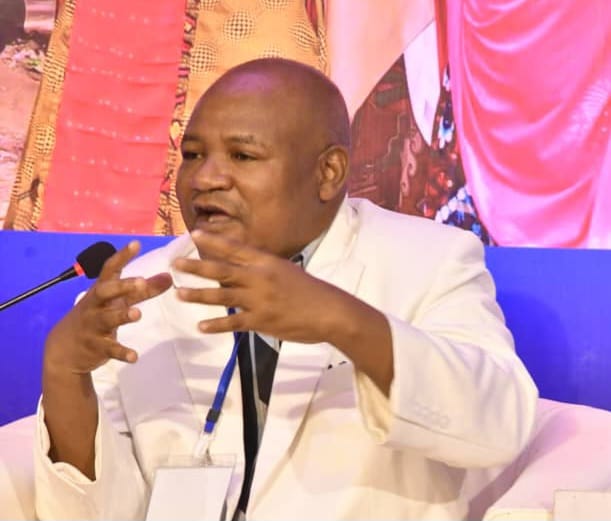By Haruna Gimba
The Coordinator of the Africa Health Budget Network (AHBN), Dr Aminu Magashi Garba, has commended the Federal Government over the draft framework and consolidated budget of the Anticipatory Action Task Force (AATF) on disaster prevention in Nigeria.
Dr Magashi is the Secretary Global Health Security Agenda Consortium and founder of AHBN, a non-governmental organisation working in the area of health security.
In a statement issued to newsmen, Dr Magashi, called for swift actions for the implementation of the initiative, which integrates scientific and traditional data gathering, early action triggers, and a unified funding approach, targeting communities most vulnerable to seasonal flooding.
Health Reporters Newspaper reports that the Federal Government on Wednesday officially declared flood prevention a national security priority following the presentation of the new Anticipatory Action Framework on Floods aimed at transitioning from reactive to proactive disaster response.
Vice President Senator Kashim Shettima, with National Security Adviser (NSA), Malam Nuhu Ribadu in attendance, received the draft framework and a consolidated flood response budget from the Anticipatory Action Task Force (AATF) at the Presidential Villa, Abuja.
In his remarks, Senator Shettima noted that Nigeria must now believe in science and pursue a roadmap for disaster prevention.
“Today, I formally received the draft framework and consolidated budget of the Anticipatory Action Task Force (AATF) on disaster prevention in Nigeria.
“It is also evident that the Federal Government has elevated flood prevention to a national security priority with the unveiling of a new Anticipatory Action Framework on Floods, aimed at shifting disaster response from reactive to early, coordinated action.
“The new framework, which includes scientific and traditional data-gathering methods, clearly outlines triggers for early action and provides a consolidated budget for flood response. It is designed to build resilience in states and communities prone to seasonal floods,” he said.
The vice president added that disasters are security issues and emphasised the need to adopt science-driven strategies for disaster prevention.
He lauded President BolaTinubu for his leadership and commended the Office of the National Security Adviser (ONSA) for coordinating the process.
Minister of Humanitarian Affairs and Poverty Alleviation, Professor Nentawe Goshwe Yilwatda, described the framework as a “paradigm shift” in national disaster management. He cited flood-related losses of over $1 billion in 2004, noting that a small fraction of that cost invested early could mitigate future damage.
The National Security Adviser, Mallam Nuhu Ribadu underscored the importance of anticipation and preparedness, stating that “reaction is ours” even when disasters are beyond control.




